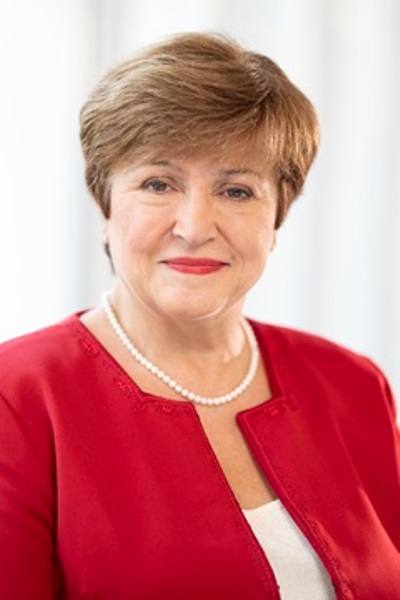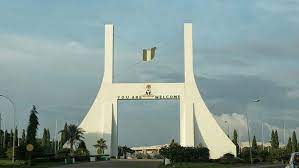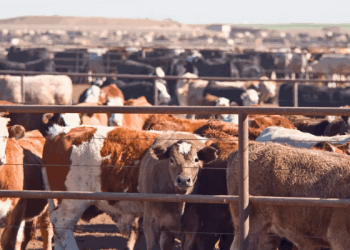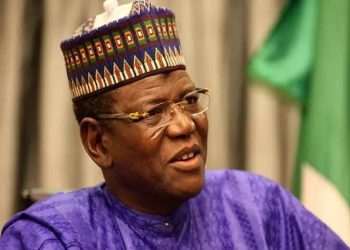
The International Monetary Fund (IMF) is proposing a $50 billion trust fund to help low-income and vulnerable middle-income countries to build resilience and sustainability as Covid-19 bikes harder.
The trust fund is part of IMF’s options for channeling some of the $650 billion Special Drawing Rights (SDRs) issued in August 2021 to countries with strong external financial positions as well as vulnerable countries through a Resilience and Sustainability Trust (RST).
The IMF in a new blog post yesterday, stated that the proposed $50 billion trust fund could help low-income and vulnerable middle-income countries build resilience to balance of payments shocks and ensure a sustainable recovery
It stated that about three quarters of IMF’s membership could qualify for the RST financing, including all low-income countries, all developing and vulnerable small states, and all middle-income countries with per capita gross national income (GNI) below 10 times the 2020
International Development Association (IDA) operational cut-off , or about $12,000.
Nigeria falls within the category of potential beneficiaries as
GNI per capita in the country was reported at $2,157 in 2019, based on the World Bank collection of development indicators, compiled from officially recognised sources.
To qualify for RST support, an eligible IMF member would need a package of high-quality policy measures consistent with the RST’s purpose; a concurrent financing or non-financing IMF-supported programme with appropriate macroeconomic policies to mitigate risks for borrowers and creditors; and sustainable debt and adequate capacity to repay the Fund.
The IMF noted that access to RST financing would be determined case-by-case, based on the strength of reforms and debt sustainability considerations, and was expected to be capped at 150 per cent of IMF quota or SDR 1 billion, whichever is smaller.
It added that RST lending would be part of a broader financing strategy members would pursue to address longer-term balance of payments risks, involving a mix of multilateral, bilateral official, and private financing.
Like the IMF’s highly concessional and currently zero interest rate Trust for low-income countries, the RST’s resources would be mobilised on a voluntary basis from members who wish to channel their SDRs or currencies for the benefit of poorer or vulnerable countries.
The IMF stated: “Even as countries continue to battle COVID-19, it is crucial not to overlook the longer-term challenge of transforming economies to become more resilient to shocks and achieve sustainable and inclusive growth.
“The pandemic has taught us that not addressing these long-term challenges in a timely manner can have significant economic consequences, with the potential for future balance of payments problems.
“Climate change is another long-term challenge that threatens macroeconomic stability and growth in many countries through natural disasters and disruptions to industries, job markets, and trade flows, among others.
“These are global public policy challenges, and it is the shared responsibility of individual countries and the international community to take timely actions.”
The Fund noted that in a previous blog, it had explained how it was considering options for channeling some of the $650 billion SDRs issued in August 2021 from countries with strong external financial positions to vulnerable countries through a Resilience and Sustainability Trust.














